Cease and Desist Letter Template for Slander Claims
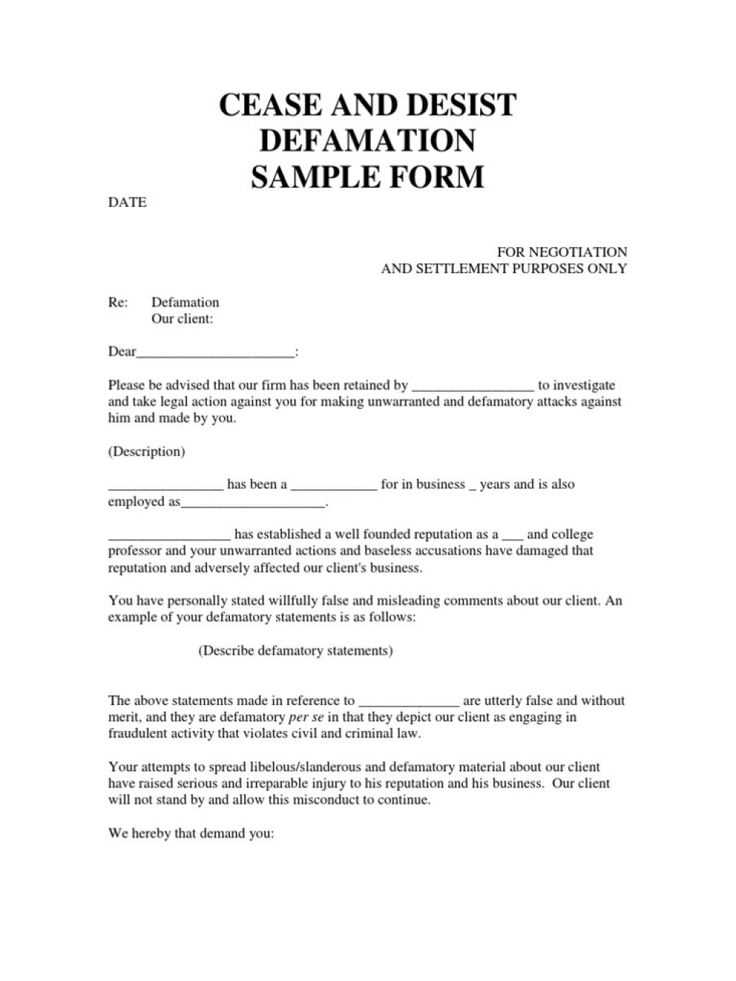
When faced with harmful false statements, it’s essential to take swift action in order to protect one’s reputation. There are several methods available for responding to these actions, and one of the most effective is using a formal communication to demand the cessation of such behavior. This can be done by addressing the individual or entity involved with a clear, professional request to stop their damaging conduct.
Understanding the Importance of Legal Requests
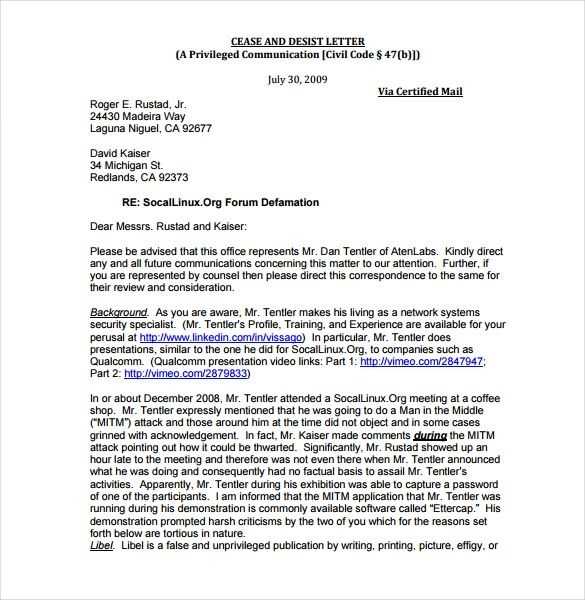
Sending a formal document is a powerful way to communicate that false accusations are not acceptable and that there will be consequences if they continue. It serves as an official warning and creates a paper trail, which can be useful if further legal action is needed. By taking this step, individuals can send a clear message that they are serious about defending their name and reputation.
Essential Components of a Formal Request
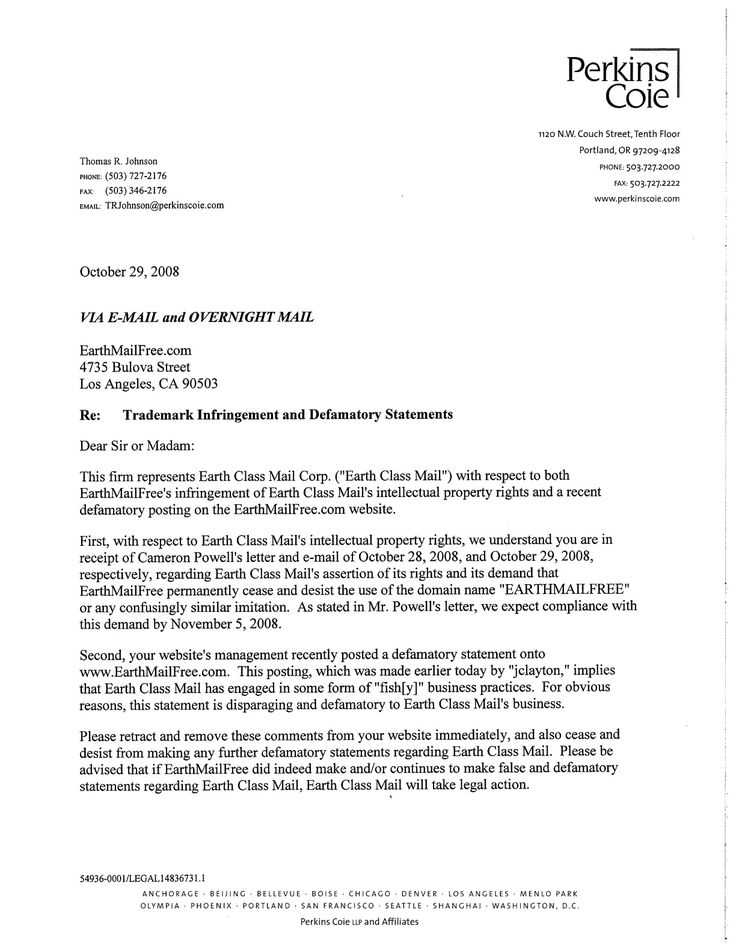
A well-constructed demand should include the following key details:
- Identification of the false statement: Clearly state what the harmful accusation was and where it occurred.
- Explanation of damage: Detail how the statement has impacted your personal or professional life.
- Specific request for action: Politely but firmly request the individual or entity stop making false claims.
- Consequence of non-compliance: Indicate potential legal action or other steps if the behavior is not addressed.
Why Addressing False Statements Quickly Matters
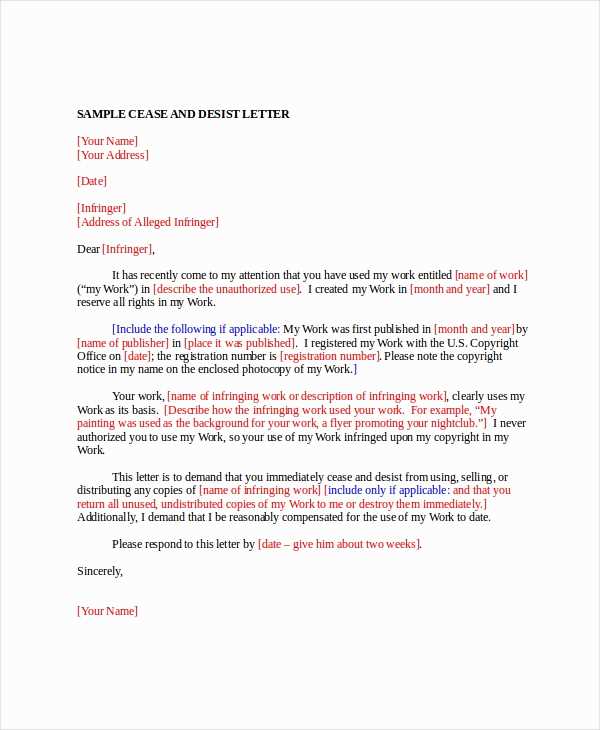
Taking action quickly after the false statements are made can prevent the situation from escalating. If allowed to persist, these types of accusations can have a lasting impact on one’s reputation. Timely intervention helps minimize the damage and shows the accuser that their actions will not go unchecked.
What to Do if the Request is Ignored
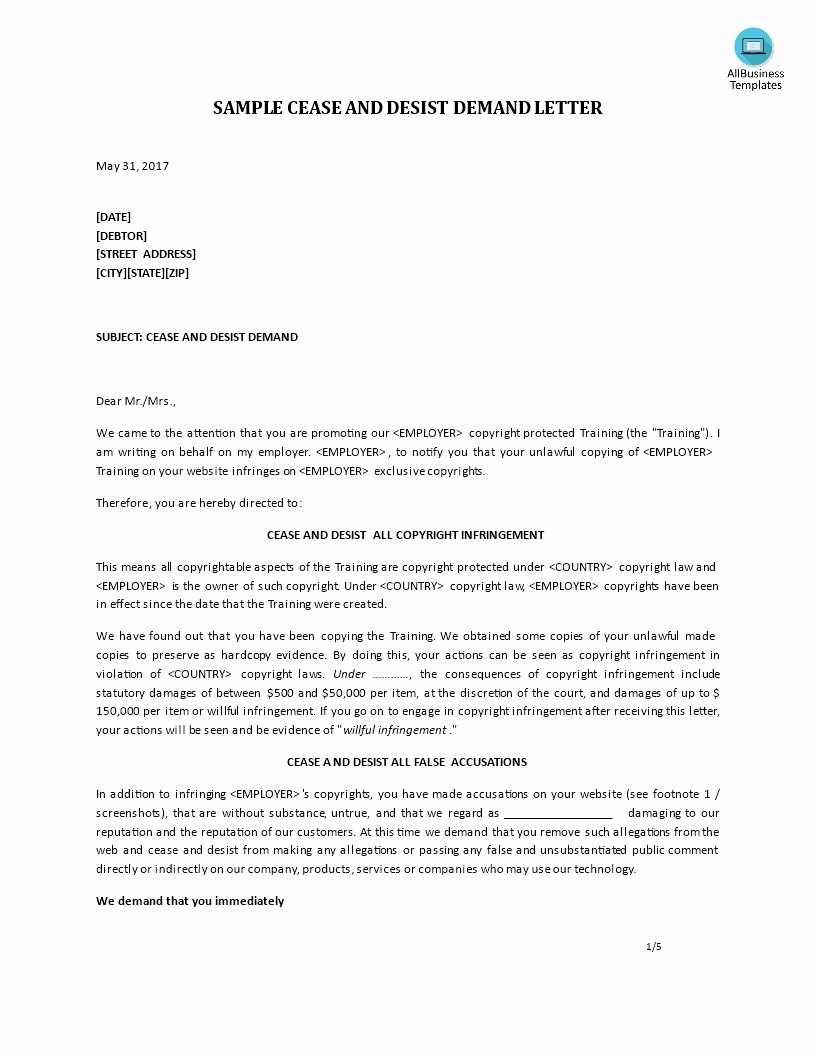
If no response is received, it may be necessary to take further steps, such as pursuing legal action. This could involve filing a lawsuit for defamation or seeking other remedies to restore your reputation. Ignoring the situation could signal to others that such behavior is tolerable, so it’s important to stay proactive.
Understanding the Need for a Formal Request to Stop False Claims
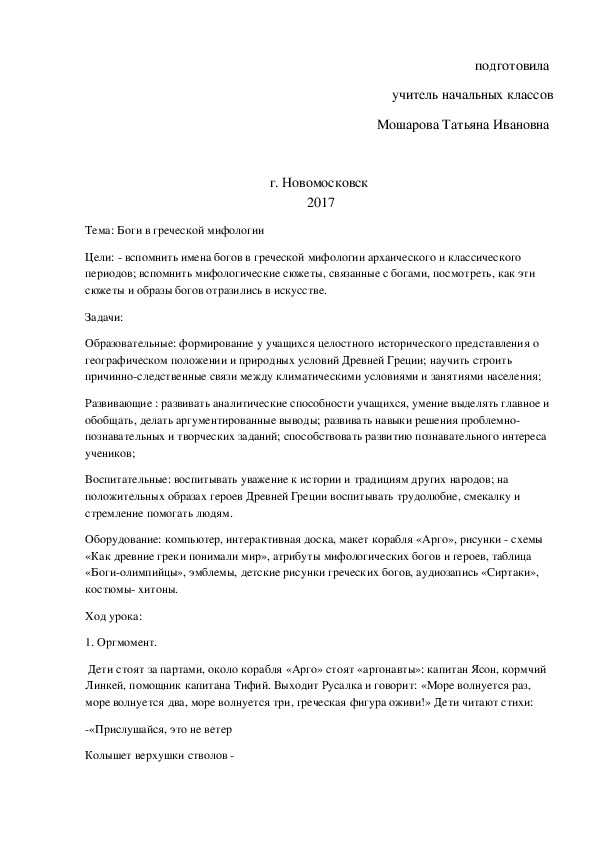
When false accusations or harmful remarks are made, it is crucial to address them promptly to prevent further damage. One of the most effective ways to handle such situations is by using an official written communication that demands the cessation of these actions. This approach not only protects your reputation but also establishes a legal record that can be used in future proceedings if necessary.
Identifying defamatory statements is the first step in addressing false accusations. These statements are often misleading or outright false and can harm an individual’s personal or professional life. It’s important to distinguish between mere opinions and statements that can legally be classified as defamatory. A careful analysis of the words used and the context in which they were said is essential to understand whether a claim qualifies as harmful.
A formal request should clearly outline the specific false statement made, explain how it has affected the person’s life, and demand that the individual or organization responsible cease further communication of the damaging remarks. It should also highlight the potential legal consequences of ignoring the request, which may include a lawsuit for defamation or libel. Including these details will convey the seriousness of the situation and encourage the recipient to comply.
Legally, defamatory statements can have significant consequences. The affected party may be entitled to seek damages for the harm caused to their reputation, as well as any financial losses incurred. The person making the false claim could face legal penalties, and the case may result in a court order requiring them to stop making such statements.
Before sending a formal request, it’s advisable to gather all evidence related to the accusation, including any written or recorded statements. This evidence can strengthen your case and ensure the communication is based on solid facts. It is also important to review the laws regarding defamation in your jurisdiction, as they can vary widely, and to consider consulting with a legal professional for advice on how to proceed.
If the request is ignored, further legal steps may be necessary. These could include filing a defamation lawsuit or seeking other legal remedies. If the recipient refuses to comply with the demand, taking action quickly is essential to prevent further damage to your reputation and legal standing.